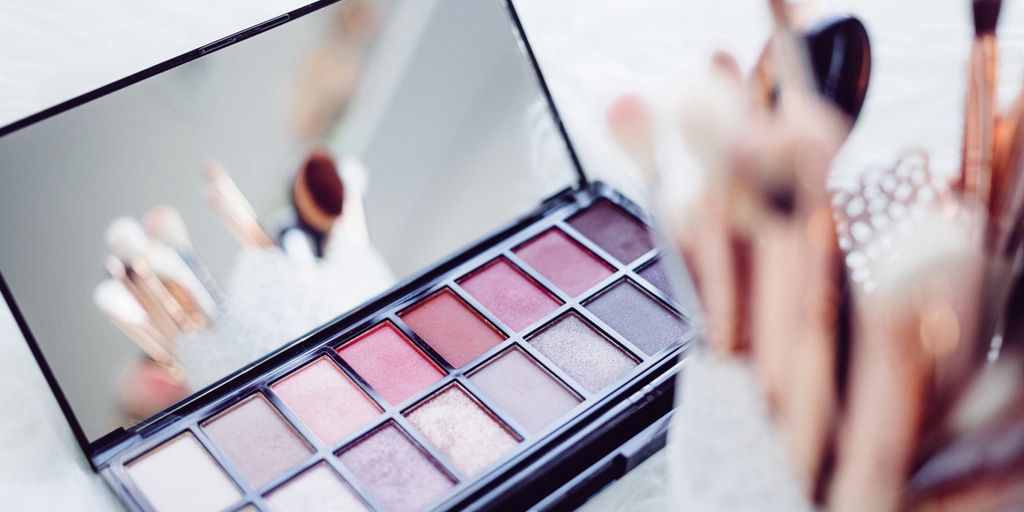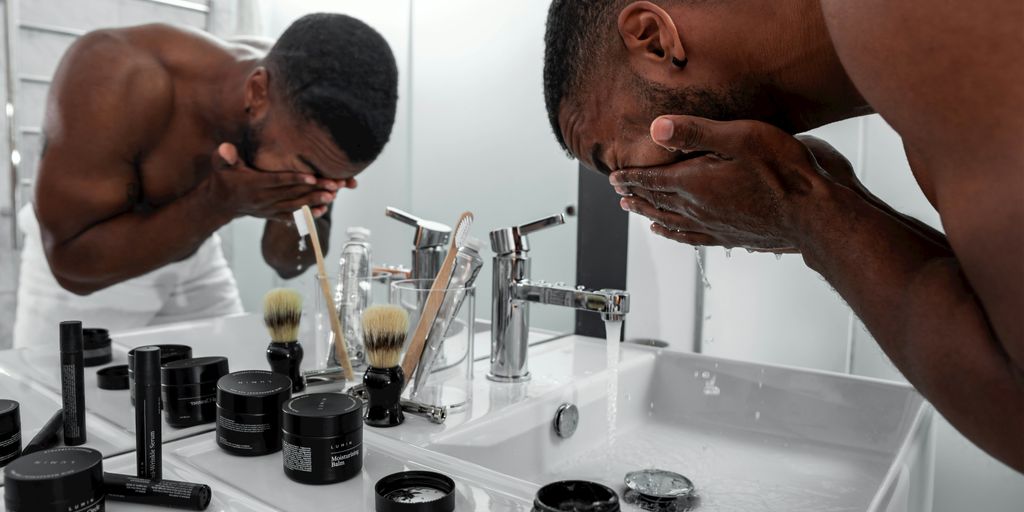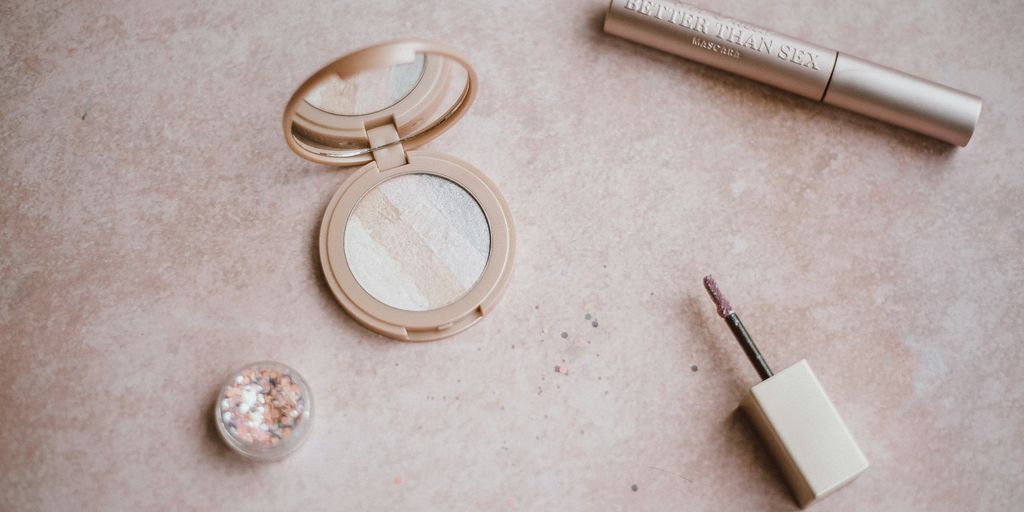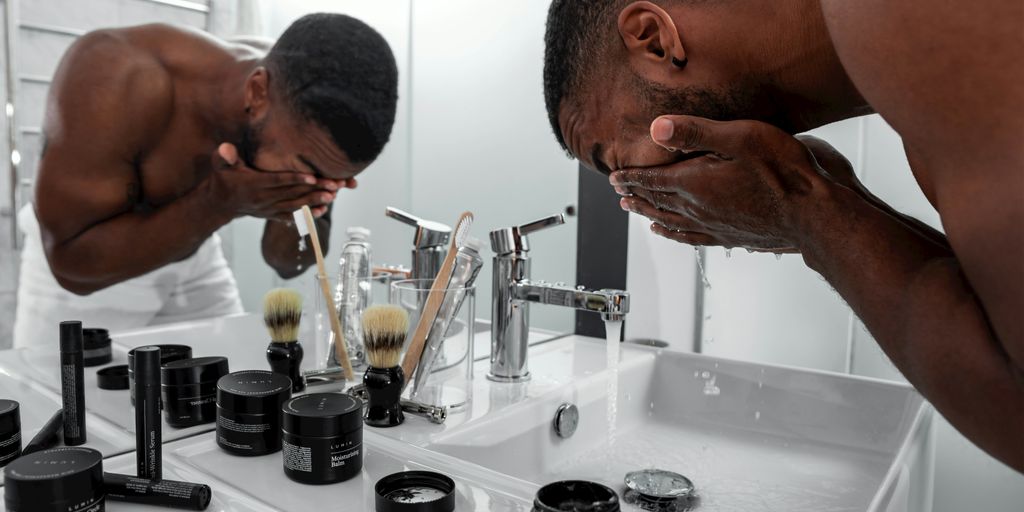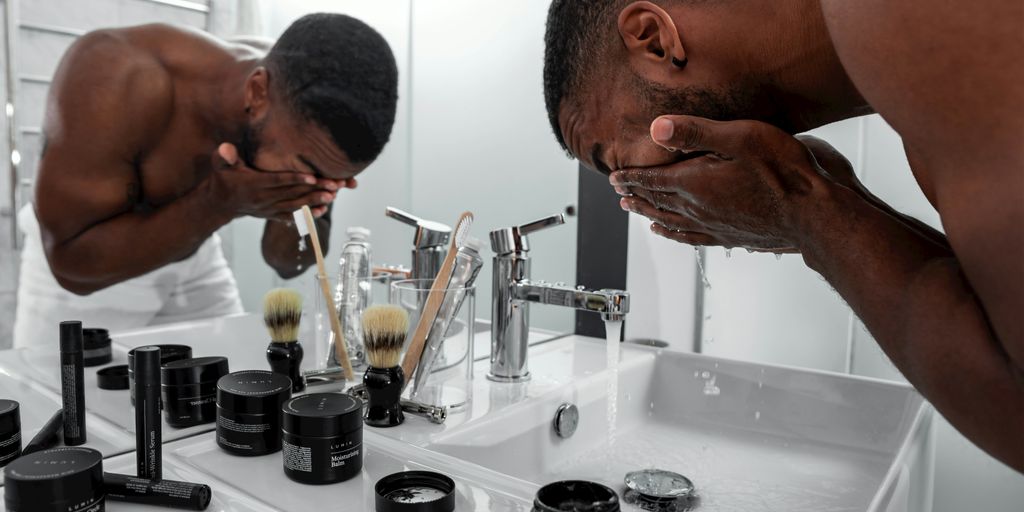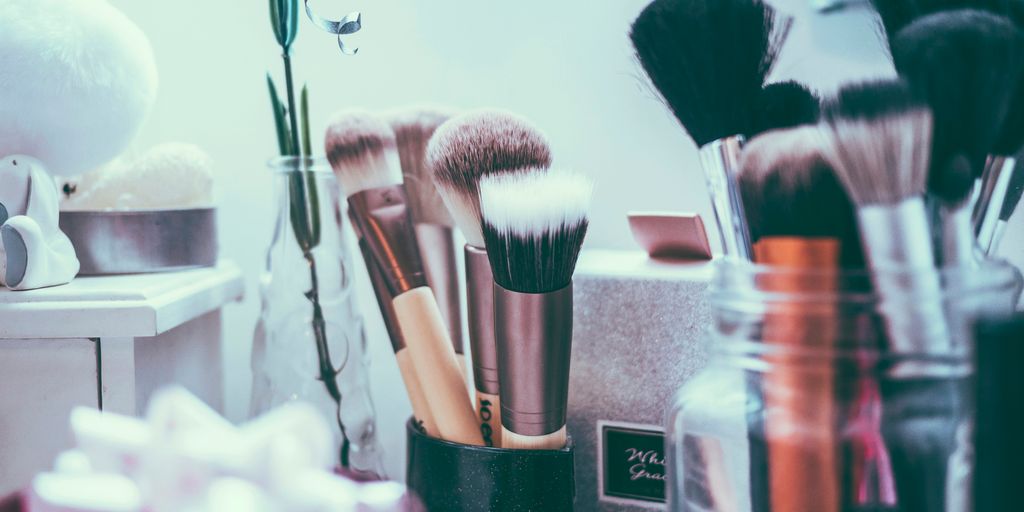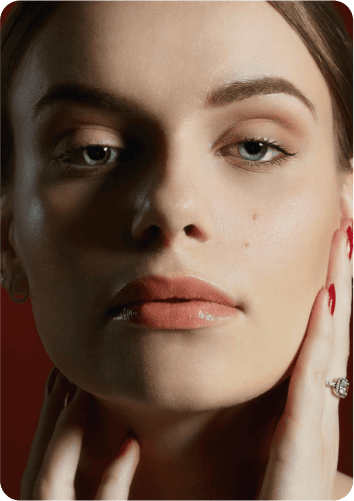In the beauty world, the term “cruelty-free” is becoming more important as consumers want to know the impact of their purchases. Fenty Beauty, a brand created by Rihanna, has made waves not only for its inclusive makeup offerings but also for its stance on animal testing. As we look forward to 2025, many are asking: is Fenty Beauty cruelty free? Let’s break down what that really means and what Fenty Beauty is doing to uphold these values.
Key Takeaways
- Fenty Beauty is committed to being cruelty-free and does not test on animals.
- Rihanna actively supports animal rights and promotes ethical beauty practices.
- Fenty Skin, the skincare line, is also cruelty-free and emphasizes vegan ingredients.
- The brand has influenced the beauty industry to adopt more inclusive and ethical standards.
- Consumer demand for cruelty-free products is driving more brands to follow suit.
Understanding Cruelty-Free Standards

What Does Cruelty-Free Mean?
So, what does it really mean for a product to be cruelty-free? It’s more than just a label. Cruelty-free typically indicates that a product and its ingredients weren’t tested on animals at any stage of development. This includes testing done by the company itself, its suppliers, or any third parties. It’s about a commitment to avoiding animal testing throughout the entire production process.
The Importance of Cruelty-Free Products
Why should you care about cruelty-free products? Well, for starters, many people believe that animal testing is unethical. Beyond that, there’s a growing awareness of the potential harm caused by certain chemicals used in cosmetics. Choosing cruelty-free often means opting for products with potentially safer, more natural ingredients. Plus, supporting cruelty-free brands encourages more companies to adopt ethical practices. It’s a win-win!
Here are a few reasons to choose cruelty-free:
- Ethical considerations regarding animal welfare.
- Potential for safer ingredients.
- Support for companies with responsible practices.
Making the switch to cruelty-free products is a simple way to support a more ethical and sustainable beauty industry. It sends a message to brands that consumers care about how their products are made.
How Brands Are Certified as Cruelty-Free
Okay, so how do you know if a brand is actually cruelty-free? There are a few different organizations that offer certifications. Leaping Bunny is probably the most well-known, but PETA’s Beauty Without Bunnies program is also common. These organizations have specific criteria that brands must meet to earn their certification. It usually involves submitting documentation, undergoing audits, and signing agreements to uphold cruelty-free standards. Keep an eye out for these logos when you’re shopping!
Fenty Beauty’s Commitment to Cruelty-Free Practices
Fenty Beauty has made waves not just for its inclusive shade range but also for its stance on animal welfare. It’s a topic that’s important to a lot of people, and Fenty seems to be listening. Let’s take a closer look at what they’re doing.
Official Statements from Fenty Beauty
Fenty Beauty has publicly stated its commitment to being cruelty-free. This means they don’t test their products or ingredients on animals, nor do they ask others to do it for them. It’s a pretty clear message, but it’s always good to dig a little deeper, right?
Rihanna’s Advocacy for Animal Rights
Rihanna, the face behind Fenty, has personally voiced her support for animal rights. While she might not be chaining herself to lab doors, her influence and the brand’s alignment with cruelty-free practices send a strong message. It shows that the brand’s values are in the right place. It’s not just about selling makeup; it’s about doing it responsibly.
Transparency in Ingredient Sourcing
One of the things that makes a brand trustworthy is how open they are about where their ingredients come from. Fenty Beauty seems to be making an effort to be more transparent about its sourcing. This is important because even if the final product isn’t tested on animals, some ingredients might have been at some point in the supply chain. Here are some things they do:
- They work with suppliers who share their values.
- They’re always looking for alternative ingredients.
- They’re open to answering questions about their process.
It’s worth noting that the beauty industry is complex, and being 100% certain about every single ingredient can be tough. But Fenty’s commitment to transparency is a step in the right direction. It shows they’re not just paying lip service to the idea of being cruelty-free; they’re actually putting in the work.
It’s great to see brands like Fenty Beauty taking a stand. It puts pressure on the rest of the industry to do better, and that’s good for everyone – especially the animals.
The Impact of Fenty Beauty on the Beauty Industry
Setting New Standards for Inclusivity
Fenty Beauty didn’t just launch a makeup line; it kicked open the door for inclusivity in the beauty world. Before Fenty, finding makeup for a wide range of skin tones, especially deeper shades, was a real struggle. Rihanna’s brand came in swinging with a foundation range that actually catered to pretty much everyone. It wasn’t just about having a few extra shades; it was about making sure everyone felt seen and represented. This move forced other brands to take a long, hard look at their own shade ranges and step up their game.
Influencing Other Brands to Go Cruelty-Free
While Fenty Beauty’s main focus was inclusivity, its cruelty-free status also sent ripples through the industry. It showed that a major brand could be successful without testing on animals. This put pressure on other companies to re-evaluate their practices and consider going cruelty-free themselves. It’s like, if Fenty can do it, what’s everyone else’s excuse? The impact isn’t always immediate, but it definitely plants a seed.
Consumer Demand for Ethical Products
Fenty Beauty’s success also highlighted something important: consumers care about ethics. People aren’t just buying makeup; they’re buying into a brand’s values. The fact that Fenty was cruelty-free, and later expanded into vegan skincare with Fenty Skin, resonated with a lot of shoppers. This created a bigger demand for ethical products across the board. Now, you see more and more brands advertising their cruelty-free status and highlighting their commitment to sustainability. It’s not just a trend; it’s a shift in what consumers expect.
It’s hard to deny that Fenty Beauty changed the game. It showed that inclusivity and ethical practices aren’t just nice-to-haves; they’re essential for success in today’s beauty market. The brand’s impact can be seen in the wider range of shades available and the growing number of cruelty-free options. It’s a win for consumers and a step in the right direction for the industry as a whole.
Fenty Skin: A Cruelty-Free Skincare Line
Overview of Fenty Skin Products
Fenty Skin, launched by Rihanna, quickly gained attention not just for its celebrity founder but also for its commitment to clean and effective skincare. The initial lineup featured a streamlined approach, focusing on multitasking products designed to simplify routines. Think cleansers, toners, and moisturizers all aimed at providing a solid foundation for healthy skin. The brand emphasizes ease of use and products that work well with makeup, catering to a broad audience.
Vegan and Earth-Conscious Formulations
Fenty Skin really pushes the idea of being kind to the planet. The formulations are vegan, and the packaging often uses recycled materials. This isn’t just a trend for them; it’s built into the brand’s core values. They’re trying to show that you can have effective skincare without harming animals or the environment. It’s a big deal for people who are trying to make more responsible choices about what they buy.
Here’s a quick look at some of their eco-friendly efforts:
- Use of recyclable packaging materials
- Vegan formulas, avoiding animal-derived ingredients
- Commitment to sustainable sourcing of ingredients
Rihanna’s Vision for Fenty Skin
Rihanna’s vision for Fenty Skin goes beyond just creating another celebrity skincare line. She wanted to create something that was accessible to everyone, regardless of skin type or tone. It was about making skincare less complicated and more inclusive.
She wanted to make skincare easy and effective for everyone. It’s about creating products that people can actually use and see results from, without feeling like they need a million different steps. It’s about celebrating your skin and making it the best it can be, simply.
Consumer Reactions to Fenty Beauty’s Cruelty-Free Status
Customer Reviews and Feedback
Customer reviews for Fenty Beauty often highlight the brand’s commitment to being cruelty-free. Many appreciate that they can enjoy high-quality makeup without supporting animal testing. You’ll see comments praising the brand for aligning with ethical values, which influences purchasing decisions. Some customers specifically seek out cruelty-free brands, and Fenty Beauty consistently meets their expectations. It’s not just about the products themselves; it’s about the peace of mind knowing no animals were harmed.
Social Media Buzz
Social media platforms are filled with discussions about Fenty Beauty’s cruelty-free status. The online community actively shares information, celebrates the brand’s choices, and uses hashtags to promote ethical beauty. This creates a positive feedback loop, encouraging more consumers to support cruelty-free brands. There are also instances where consumers call out brands that aren’t transparent about their practices, further emphasizing the importance of Fenty Beauty’s stance. The buzz is generally positive, with consumers feeling good about supporting a brand that aligns with their values.
Influencer Opinions on Fenty Beauty
Beauty influencers play a big role in shaping consumer opinions. Many influencers actively promote Fenty Beauty’s cruelty-free status, highlighting it in their reviews and tutorials. They often emphasize the importance of supporting ethical brands and encourage their followers to make informed choices. Influencers also provide transparency by sharing information about:
- Ingredient sourcing
- Manufacturing processes
- Certifications
Influencers are key in amplifying the message of cruelty-free beauty. Their endorsement of Fenty Beauty helps build trust and credibility with consumers who value ethical practices. This support is invaluable in shaping the brand’s image and driving sales among conscious consumers.
Challenges in the Cruelty-Free Landscape
It’s great that more and more brands are going cruelty-free, but it’s not always a smooth path. There are definitely some bumps in the road when it comes to making sure products are truly ethical. Let’s look at some of the challenges.
Navigating Global Regulations
One of the biggest headaches is that different countries have different rules. What’s considered cruelty-free in one place might not be in another. For example, some countries require animal testing for certain products before they can be sold there, even if the company doesn’t want to test on animals. This forces brands to make tough choices about where they sell their products and how they can stay true to their cruelty-free promises. It’s a bit of a maze, really.
Misleading Labels and Marketing
It can be hard to know what to believe. Some companies use words like "natural" or "ethical" to make you think they’re cruelty-free, even if they’re not fully committed. This is sometimes called "greenwashing," and it’s a way to trick consumers into buying products they think are cruelty-free when they aren’t. It’s important to do your research and look for certifications from trusted organizations.
The Role of Consumer Awareness
Ultimately, we, as consumers, have a lot of power. The more we know about what to look for and the more we demand transparency from brands, the more things will change. It’s up to us to ask questions, read labels carefully, and support the brands that are truly doing things the right way.
Staying informed is key. By understanding the complexities and nuances of cruelty-free practices, consumers can make better choices and drive the industry towards greater transparency and accountability.
Here are some ways consumers can stay informed:
- Research brands before purchasing.
- Look for certifications from reputable organizations.
- Read ingredient lists carefully.
Future of Cruelty-Free Beauty
The beauty industry is changing, and it’s exciting to see where cruelty-free practices are headed. More people care about how their products are made, and brands are listening. It’s not just a trend; it’s becoming the standard.
Trends in Ethical Beauty Products
- Sustainable packaging is becoming more common. Brands are using less plastic and more recycled materials. It’s a small change that makes a big difference.
- Transparency is key. Consumers want to know exactly what’s in their products and where the ingredients come from.
- Vegan formulations are on the rise. More brands are creating products without any animal-derived ingredients.
The shift towards ethical beauty isn’t just about avoiding harm to animals; it’s about a holistic approach that considers the environment and the well-being of everyone involved in the production process.
Potential Changes in Fenty Beauty’s Practices
Fenty Beauty has already made a name for itself with its commitment to cruelty-free practices. But what could be next? Here are a few possibilities:
- Expanding its range of vegan products.
- Partnering with more sustainable suppliers.
- Increasing transparency about its manufacturing processes.
The Growing Market for Cruelty-Free Brands
The market for cruelty-free beauty products is growing fast. More consumers are actively seeking out brands that align with their values. This increased demand is pushing more companies to adopt cruelty-free practices. It’s a win-win for everyone – animals, consumers, and the planet.
The future of cruelty-free beauty looks bright as more people choose products that are kind to animals. Brands are stepping up to create amazing cosmetics without testing on animals, making it easier for everyone to shop responsibly. If you want to be part of this positive change, visit our website to explore a wide range of cruelty-free beauty products that you can trust. Together, we can make a difference!
Final Thoughts on Fenty Beauty’s Cruelty-Free Status
So, after looking into it, it seems like Fenty Beauty is indeed cruelty-free. They don’t test on animals, and they’ve made a point to be transparent about their practices. That’s a big deal for a lot of us who care about what goes into our beauty products. Of course, things can change, and it’s always good to stay updated. If you’re passionate about cruelty-free beauty, Fenty is a solid choice right now. Just remember to keep an eye on their policies as they grow. Supporting brands that align with our values is important, and Fenty seems to be doing a good job in that area.
Frequently Asked Questions
Is Fenty Beauty cruelty-free?
Yes, Fenty Beauty is cruelty-free, meaning they do not test their products on animals.
What does cruelty-free mean?
Cruelty-free means that a brand does not conduct any animal testing during the development of their products.
Does Fenty Beauty sell products in countries that require animal testing?
No, Fenty Beauty does not sell in countries that require animal testing, which helps maintain their cruelty-free status.
Are Fenty Skin products also cruelty-free?
Yes, Fenty Skin products are cruelty-free and follow the same ethical practices as Fenty Beauty.
What is Rihanna’s stance on animal rights?
Rihanna is a strong advocate for animal rights and has made it clear that she supports cruelty-free practices in her beauty lines.
How can I find cruelty-free products?
You can look for certifications on packaging, check brand websites, or use cruelty-free apps to help you find ethical beauty products.
